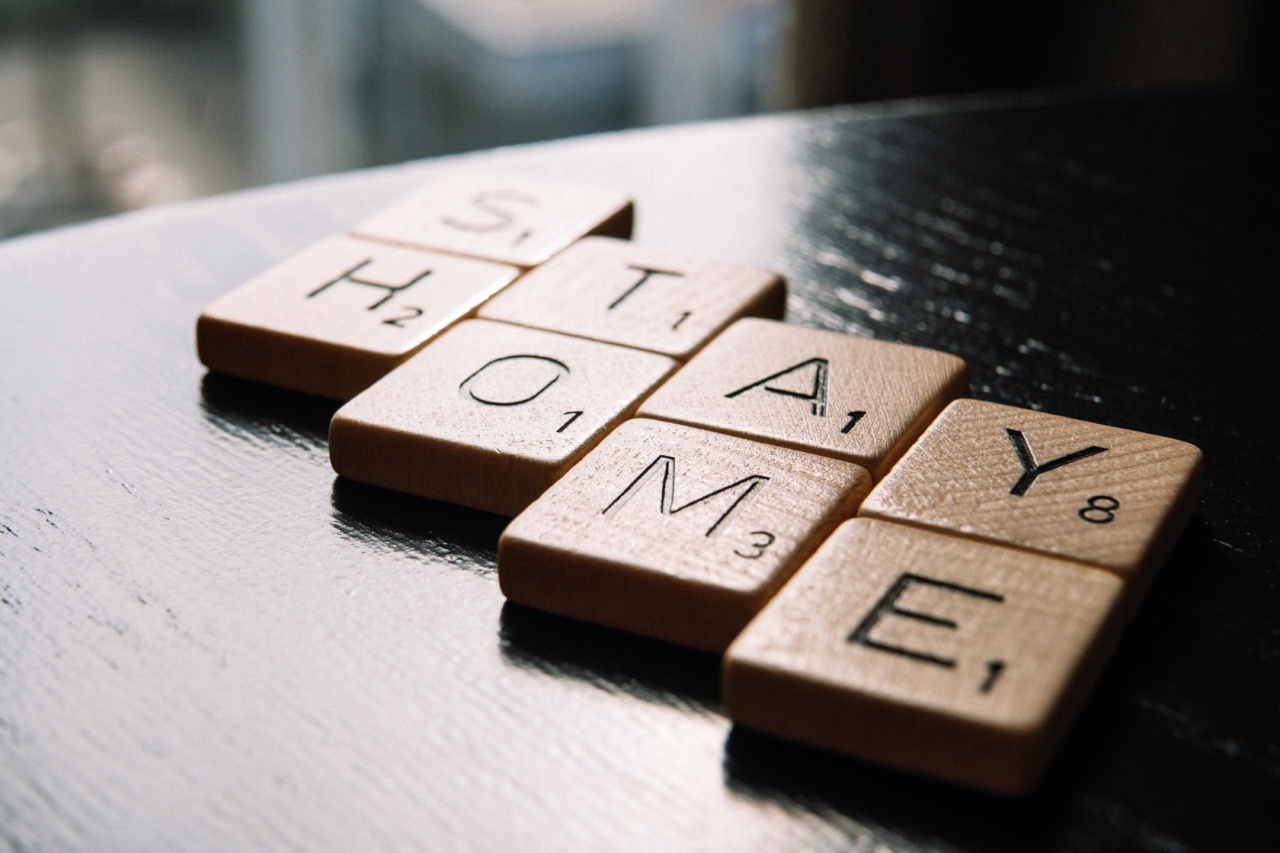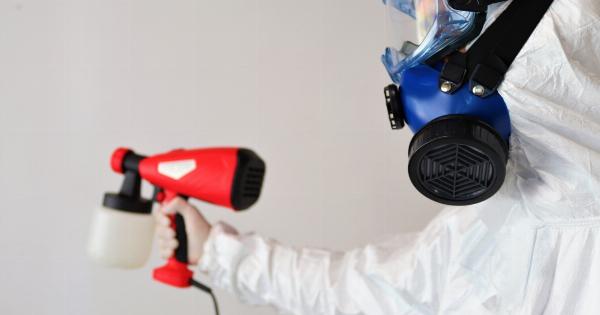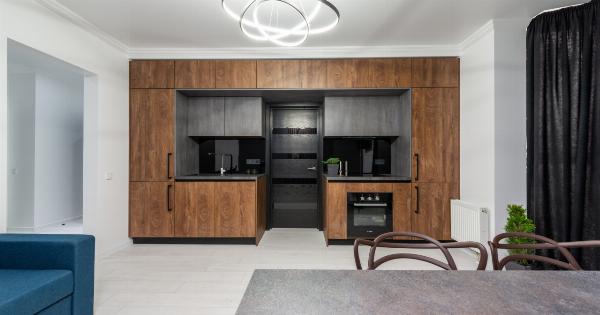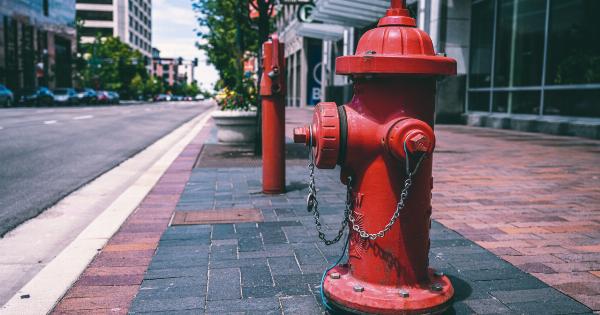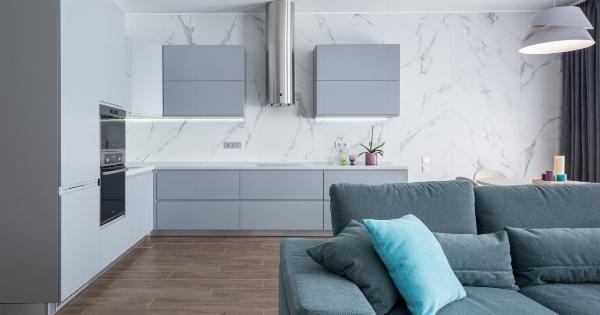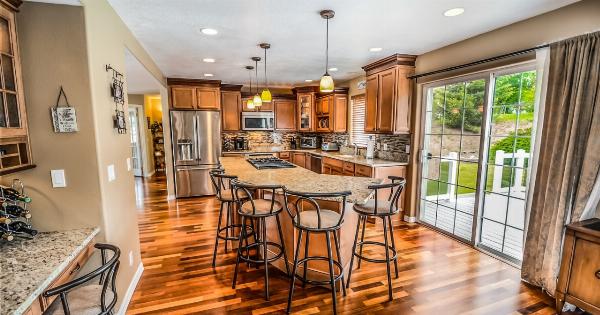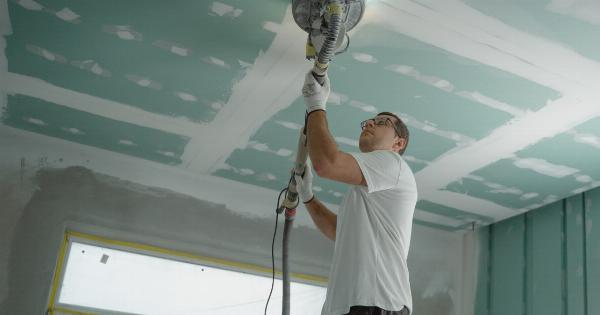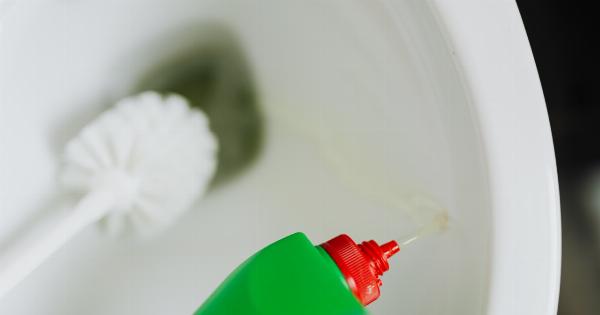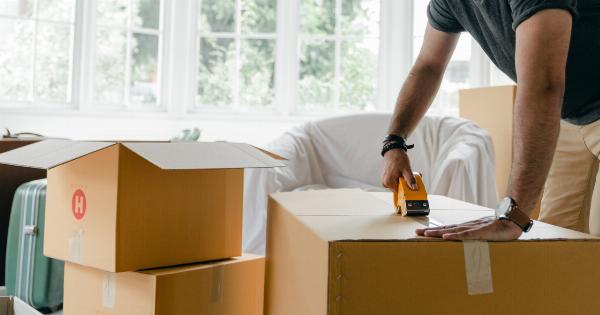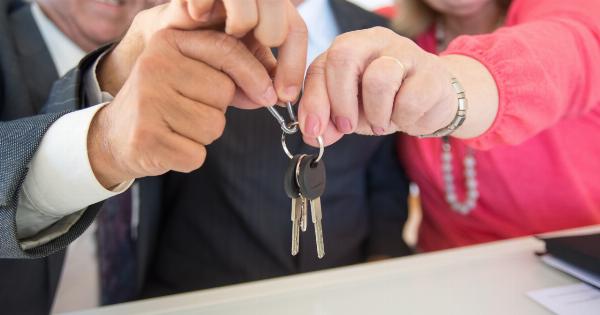Our home is meant to be our sanctuary, a place where we feel safe and protected. However, accidents and emergencies can happen at any time, turning our haven into a potential danger zone.
Performing regular home safety checks is essential to ensure the well-being of yourself and your loved ones. By taking a few simple steps, you can significantly reduce the risk of accidents and potentially save lives. Here are seven crucial home safety checks that could save your life:.
1. Smoke Detectors
Smoke detectors are an absolute necessity for every home. These tiny devices can detect the presence of smoke or fire and emit a loud alarm to alert residents. Make sure you have smoke detectors installed in every bedroom, hallway, and floor of your home.
Test them regularly and change the batteries at least once a year to ensure they are functioning correctly.
2. Carbon Monoxide Detectors
Carbon monoxide (CO) is a highly toxic gas that is colorless, odorless, and tasteless, making it impossible to detect without proper equipment. CO detectors are crucial as they can alert you to the presence of this deadly gas.
Place CO detectors near bedrooms and any potential sources of carbon monoxide, such as gas furnaces, fireplaces, and attached garages. Test them regularly and change the batteries as recommended by the manufacturer.
3. Fire Extinguishers
Having fire extinguishers readily available in your home can help you tackle small fires before they become uncontrollable. Place fire extinguishers in the kitchen, garage, and any other areas where fires may occur.
Understand how to use them correctly and ensure they are easily accessible in case of an emergency.
4. Electrical Safety
Electrical mishaps are one of the leading causes of home fires. Regularly check your electrical cords, outlets, and switches for any signs of wear, damage, or overheating.
Avoid overloading outlets by using power strips or surge protectors and unplug appliances when not in use. If you notice any electrical issues, immediately contact a licensed electrician to rectify the problem.
5. Staircase Safety
The staircase can be a potential hazard, especially for children and the elderly. Ensure that all staircases have secure railings on both sides. Make sure the steps are free from clutter, loose carpets, or anything that could cause a trip or fall.
Install adequate lighting to ensure good visibility, even at night.
6. Home Security Systems
Investing in a home security system can not only protect your home from potential burglaries but also provide essential emergency response options. Research and choose a reliable security system that suits your needs.
Install security cameras, motion detectors, and door/window sensors in vulnerable areas of your home.
7. First Aid Kits
A well-stocked and easily accessible first aid kit is vital for handling minor injuries and medical emergencies within the home.
Ensure your first aid kit includes supplies such as bandages, antiseptic solution, pain relief medication, and basic medical tools. Educate yourself and your family members on basic first aid procedures.
By performing these seven home safety checks regularly, you can minimize the risks associated with accidents, fires, and emergencies.
Your home should be a place of comfort and security, and taking the time to ensure its safety can give you peace of mind.
